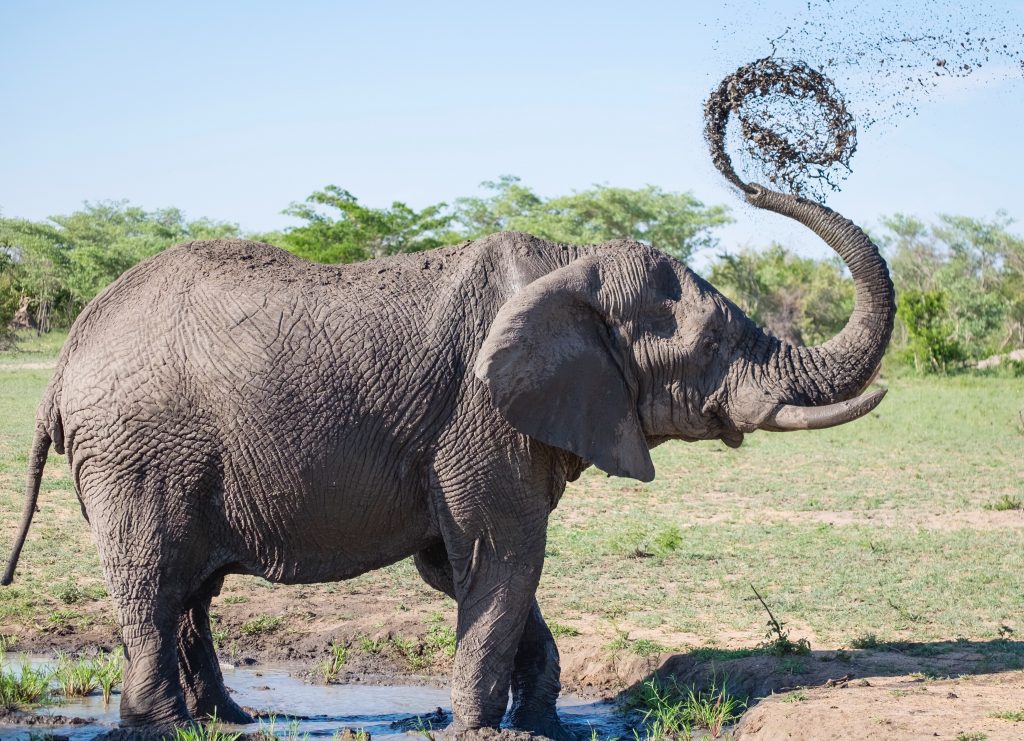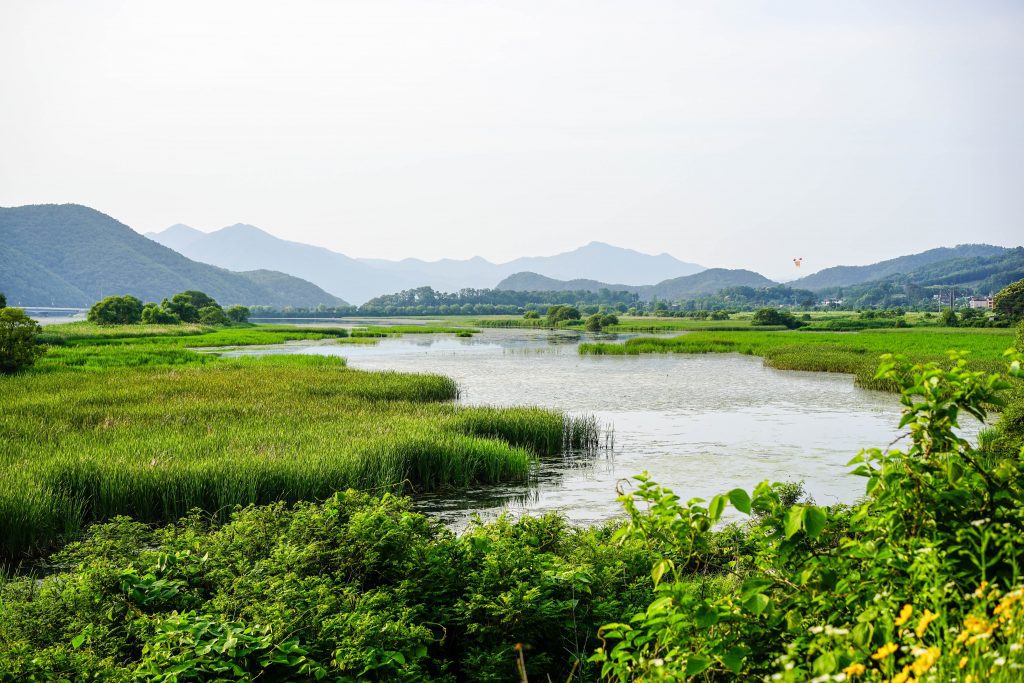Did you know that animals and bodies of water can be recognized as people? According to the National Geographic, this is called personhood where legally “an entity has the capacity for rights or responsibilities.”
The Case of Happy
In the past, personhood rulings in the courts of the United States have related to animals. The most recent is the case of Happy the 51-year-old Asian elephant from the Bronx Zoo. Happy’s case was brought to the courts by the Nonhuman Rights Project organization in Florida. Unfortunately, the New York court ruled that Happy was not a person and was denied their transfer to a sanctuary.
Despite this outcome, it is the first animal rights case to reach this high of a court in the United States. It now sets a precedent for future animal rights cases. Hopefully, it also encourages others to reflect on the topic.

In recent years, the rights granted to nature and animals have been legally questioned. Climate change and declining biodiversity are current issues. As a result, it is important to understand the state of nature around us and globally.
Does nature itself deserve rights?
Animal rights may still be up for debate for many people. Although, it is still a much more logical idea for most than discussing nature’s rights.
The idea of nature having rights was first introduced by the late law professor at the University of Southern California, Christopher Stone. Among his many beliefs regarding the rights of natural objects, he held the strong opinion that:
“Each time there is a movement to confer rights onto some new ‘entity,’ the proposal is bound to sound odd or frightening or laughable. This is partly because until the rightless thing receives its rights we cannot see it as anything but a thing for the use of ‘us’—those who are holding rights at the time. I am quite seriously proposing that we give legal rights to forests, oceans, rivers and other so-called ‘natural objects’ in the environment—indeed to the natural environment as a whole.” (Stone 1971)

A Local Threat to an Ecosystem
In early April, Lake Mary Jane and connecting bodies of water have become the first “inanimate object” to sue the state of Florida. Although the lake is not a person, it is home to many living plants, animals, and even microorganisms.
The lake is suing the state due to the threat of development in Central Florida. It now fights for “the right to exist, the right to flow, the right to be protected against pollution and the right to maintain a healthy ecosystem” (WFTV). This lawsuit is monumental for this subject area. The New Yorker said it is the first time a piece of nature has defended its rights in the United States.
Panama and Nature’s Right to Exist
The lawsuit against the state of Florida is only a local example of the idea of nature deserving rights. However, the President of Panama recently signed a law granting nature the “right to exist, persist and regenerate its life cycles” (EuroNews). Subsequently, starting in 2023 the government of Panama will have to consider their natural ecosystems when passing new legislation. In addition, they will also have to promote the rights allotted to nature with foreign policies.
If you would like to learn more about the background of nature’s rights in Panama, take a look at our article Panama Establishes “Rights To Nature”.
What does this mean?
These cases and passed legislation are important for the protection of the environment. It sets the standard for nature and animals to have the right to exist.
Sources
- https://www.nationalgeographic.com/animals/article/happy-the-elephant-is-not-a-person-new-yorks-highest-court-rules
- https://www.newyorker.com/magazine/2022/04/18/a-lake-in-florida-suing-to-protect-itself
- https://www.wftv.com/news/local/lake-mary-jane-suing-protect-against-potential-development/ZCBKPN77SRHY5CY6MAX4D5GZGQ/
- https://www.euronews.com/green/2022/03/08/panama-brings-in-new-law-granting-nature-the-right-to-exist








